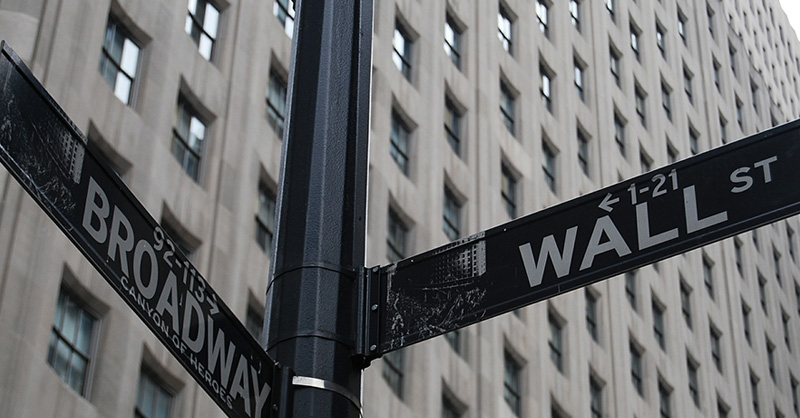US Fed nominee Shelton would bring ardent deregulatory, pro-Wall Street views to board
21 July 2020 17:00 by Neil Roland

US Federal Reserve nominee Judy Shelton is a supply-side economist who would bring to the board the strongest deregulatory views of any of its current governors, based on her comments about the 2008-09 financial crisis.
“I am so tired of the criticism of — this was even among Republicans — of Wall Street greed, or predatory lending,” she said in a November 2009 interview on CSpan. “I think government had much more to do with the financial crisis because government interjected itself into the private market.”
She faulted intervention by government-sponsored enterprises Fannie Mae and Freddie Mac in the secondary mortgage market for causing the last crisis. That view is at odds with the 2011 report by the Financial Crisis Inquiry Commission, which was created to investigate the causes of the recession.
Shelton’s nomination was passed today by the Republican-controlled Senate Banking Committee 13-12 along party lines. It now goes to the full Senate, where the Republicans’ 53-47 majority virtually ensures her confirmation.
Shelton, 66, who has a PhD in business administration from the University of Utah, has said little in the public record about her views on banking regulation. She has drawn stinging criticism from Senate Democrats for interest rate views that have shifted with whether the president was Barack Obama or Donald Trump; her support of the gold standard; and her challenges to the Fed’s independence.
In her February confirmation hearing before the Senate Banking Committee, Shelton made only an anodyne comment about banking regulation in her prepared statement.
“In exercising the Federal Reserve’s regulatory oversight, I will support policies that are effective, efficient, and appropriately tailored to financial institutions — allowing them to better serve their customers and communities in ways consistent with maintaining a safe financial system,” she said.
— 2009 interview —
In the 2009 interview with CSpan’s Brian Lamb, Shelton explained why she thought the government caused the financial crisis: “When government distorted the risk of Fannie Mae, Freddie Mac securities by sort of winking and saying, these are guaranteed, and then allowed those to be sold and resold.”
She continued: “I mean, let’s face it. Finance and banking are the most heavily regulated industries we have. You can’t regulate a distortion of markets.
“And to suggest that people were greedy because they were pursuing profits, legally — it was legal to make a profit by selling derivatives, selling them 10 times over. It was perfectly legal.”
— Investigative report —
The Financial Crisis Inquiry Commission, led by former California state treasurer Phil Angelides, quoted testimony from Treasury Secretary Henry Paulson, who said Fannie and Freddie were “the only game in town” once the housing market dried up in 2007.
Paulson, a former Goldman Sachs chief executive, said, the government-sponsored enterprises “more than anyone, were the engine we needed to get through the problem” by the spring of 2008.
The commission concluded: “GSE mortgage securities essentially maintained their value throughout the crisis and did not contribute to the significant financial firm losses that were central to the financial crisis.”
In a dissent, Peter Wallison, a senior fellow at the conservative-leaning American Enterprise Institute, argued that the “sine qua non” of the crisis was federal housing policy that led to the creation of 27 million subprime and other risky loans.
“If the US government had not chosen this policy path — fostering the growth of a bubble of unprecedented size and an equally unprecedented number of weak and high-risk residential mortgages — the great financial crisis of 2008 would never have occurred,” he said.
Related Articles
No results found
